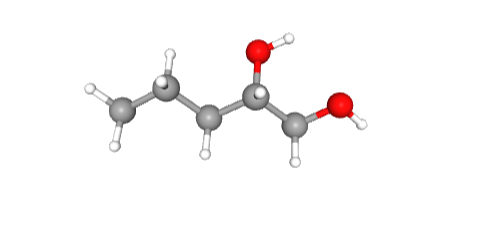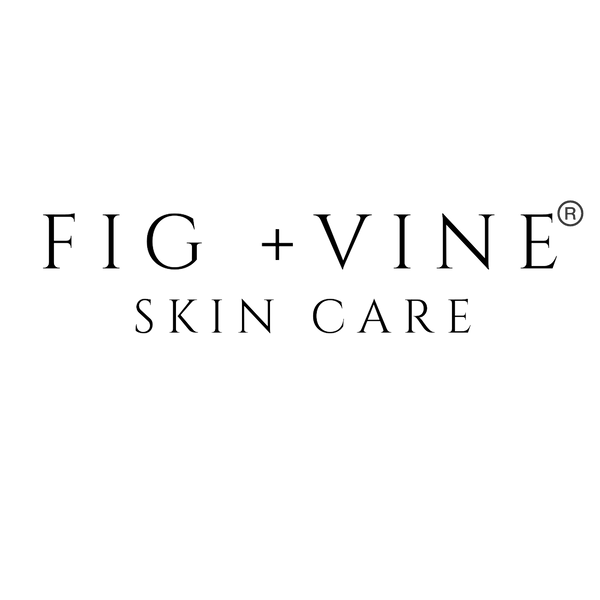
Glycols in Skin Care
Share
In the realm of cosmetic formulation, the use of glycols has become increasingly prevalent due to their ability to enhance and improve a cosmetic formula. This article aims to provide an overview of glycols in chemistry, their use in cosmetic formulations, and the compelling reasons behind their safety and beneficial attributes.
What are Glycols in Chemistry?
Glycols, a class of chemical compounds characterized by their hydroxyl groups, are widely acknowledged for their hygroscopic nature and solvency properties. Ethylene glycol, propylene glycol, butylene glycol, and pentylene glycol are among the most commonly utilized glycols in cosmetic formulations. These compounds are known for their ability to attract and retain moisture, making them invaluable in skincare products aimed at hydration and moisturization.
Utilization in Cosmetic Formulations
Glycols serve as versatile ingredients in cosmetic formulations, contributing to the stability, texture, and absorption of various skincare and beauty products. They typically function as humectants, effectively retaining moisture within the skin, thereby promoting a supple and hydrated complexion. Furthermore, glycols can facilitate the even distribution of active ingredients, enhancing the overall efficacy of the product.
In addition to their moisturizing and/or humectant attributes, glycols are utilized as solvents to dissolve other ingredients, ensuring the homogeneity of formulations. Moreover, their antimicrobial properties aid in preserving the integrity of cosmetic products, extending their shelf life and maintaining product safety. While typically not strong enough to function as stand alone preservatives, certain glycols like pentylene glycol are considered potentiators to the preservative and therefore a part of the overall preservation system in a cosmetic formulation.
Safety and Benefits
The safety profile of glycols in cosmetic formulations is underpinned by rigorous scientific assessment and regulatory scrutiny. Conversely, propylene glycol and its derivatives, such as butylene and pentylene glycol, have been deemed safe for cosmetic applications by regulatory authorities such as the FDA and the Cosmetic Ingredient Review (CIR) Expert Panel.
These glycols undergo comprehensive safety evaluations to ascertain their non-toxicity, non-sensitizing nature, and minimal potential for skin irritation.
The benefits of glycols extend beyond their hydrating and solubilizing properties. Their compatibility with various active ingredients, stability-enhancing characteristics, and non-comedogenic nature render them indispensable in formulating products tailored to diverse skin types and concerns. Moreover, glycols contribute to the sensorial appeal of skincare products, ensuring optimal spreadability and absorption without a greasy residue, thereby enhancing the overall user experience.
In conclusion, glycols represent a cornerstone of modern cosmetic formulations, embodying a harmonious blend of safety, efficacy, and versatility. Their multifaceted attributes, ranging from moisture retention to formulation stability, underscore their indispensability in the pursuit of innovative and efficacious skincare and beauty solutions.
What are Glycols in Chemistry?
Glycols, a class of chemical compounds characterized by their hydroxyl groups, are widely acknowledged for their hygroscopic nature and solvency properties. Ethylene glycol, propylene glycol, butylene glycol, and pentylene glycol are among the most commonly utilized glycols in cosmetic formulations. These compounds are known for their ability to attract and retain moisture, making them invaluable in skincare products aimed at hydration and moisturization.
Utilization in Cosmetic Formulations
Glycols serve as versatile ingredients in cosmetic formulations, contributing to the stability, texture, and absorption of various skincare and beauty products. They typically function as humectants, effectively retaining moisture within the skin, thereby promoting a supple and hydrated complexion. Furthermore, glycols can facilitate the even distribution of active ingredients, enhancing the overall efficacy of the product.
In addition to their moisturizing and/or humectant attributes, glycols are utilized as solvents to dissolve other ingredients, ensuring the homogeneity of formulations. Moreover, their antimicrobial properties aid in preserving the integrity of cosmetic products, extending their shelf life and maintaining product safety. While typically not strong enough to function as stand alone preservatives, certain glycols like pentylene glycol are considered potentiators to the preservative and therefore a part of the overall preservation system in a cosmetic formulation.
Safety and Benefits
The safety profile of glycols in cosmetic formulations is underpinned by rigorous scientific assessment and regulatory scrutiny. Conversely, propylene glycol and its derivatives, such as butylene and pentylene glycol, have been deemed safe for cosmetic applications by regulatory authorities such as the FDA and the Cosmetic Ingredient Review (CIR) Expert Panel.
These glycols undergo comprehensive safety evaluations to ascertain their non-toxicity, non-sensitizing nature, and minimal potential for skin irritation.
The benefits of glycols extend beyond their hydrating and solubilizing properties. Their compatibility with various active ingredients, stability-enhancing characteristics, and non-comedogenic nature render them indispensable in formulating products tailored to diverse skin types and concerns. Moreover, glycols contribute to the sensorial appeal of skincare products, ensuring optimal spreadability and absorption without a greasy residue, thereby enhancing the overall user experience.
In conclusion, glycols represent a cornerstone of modern cosmetic formulations, embodying a harmonious blend of safety, efficacy, and versatility. Their multifaceted attributes, ranging from moisture retention to formulation stability, underscore their indispensability in the pursuit of innovative and efficacious skincare and beauty solutions.
